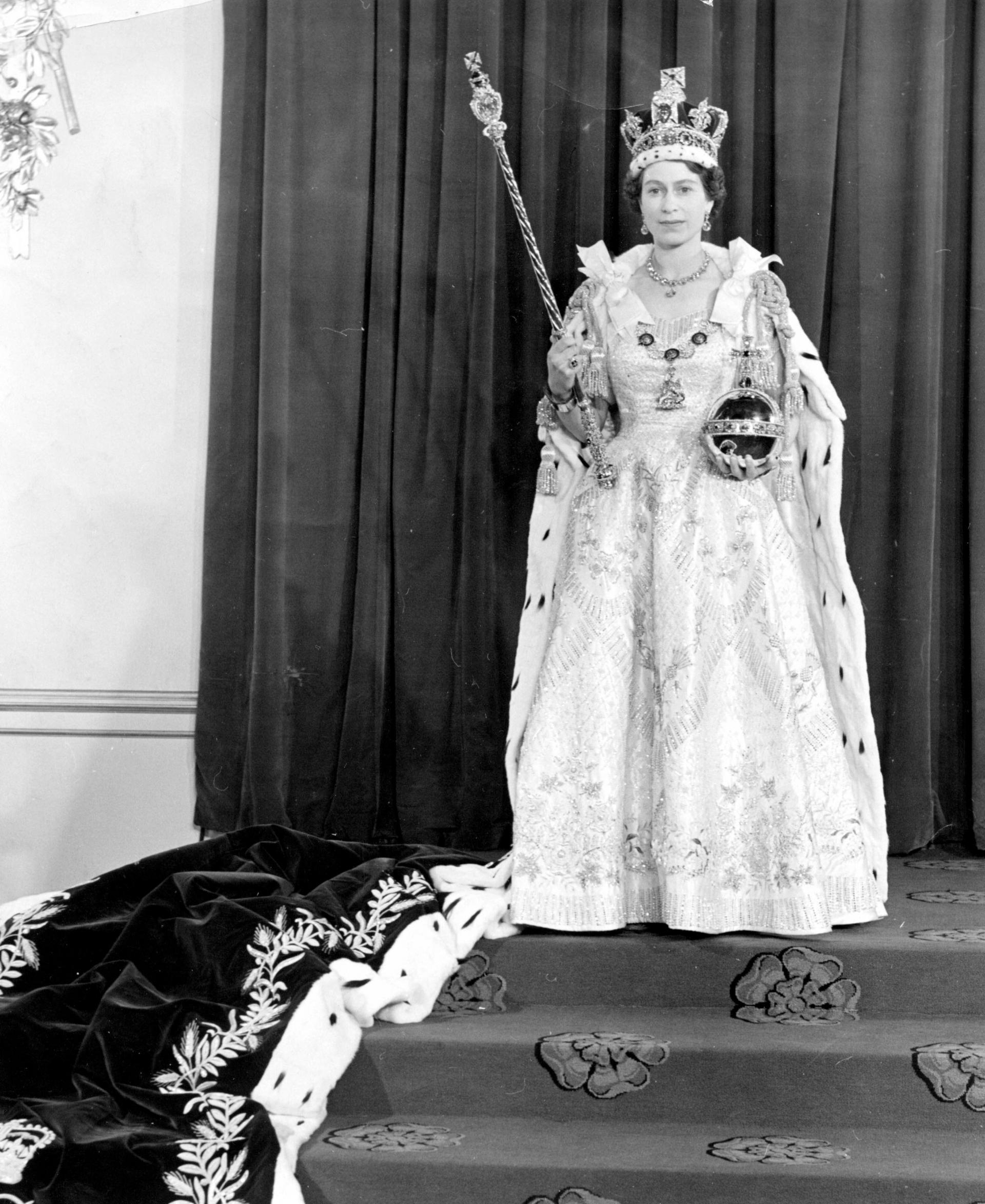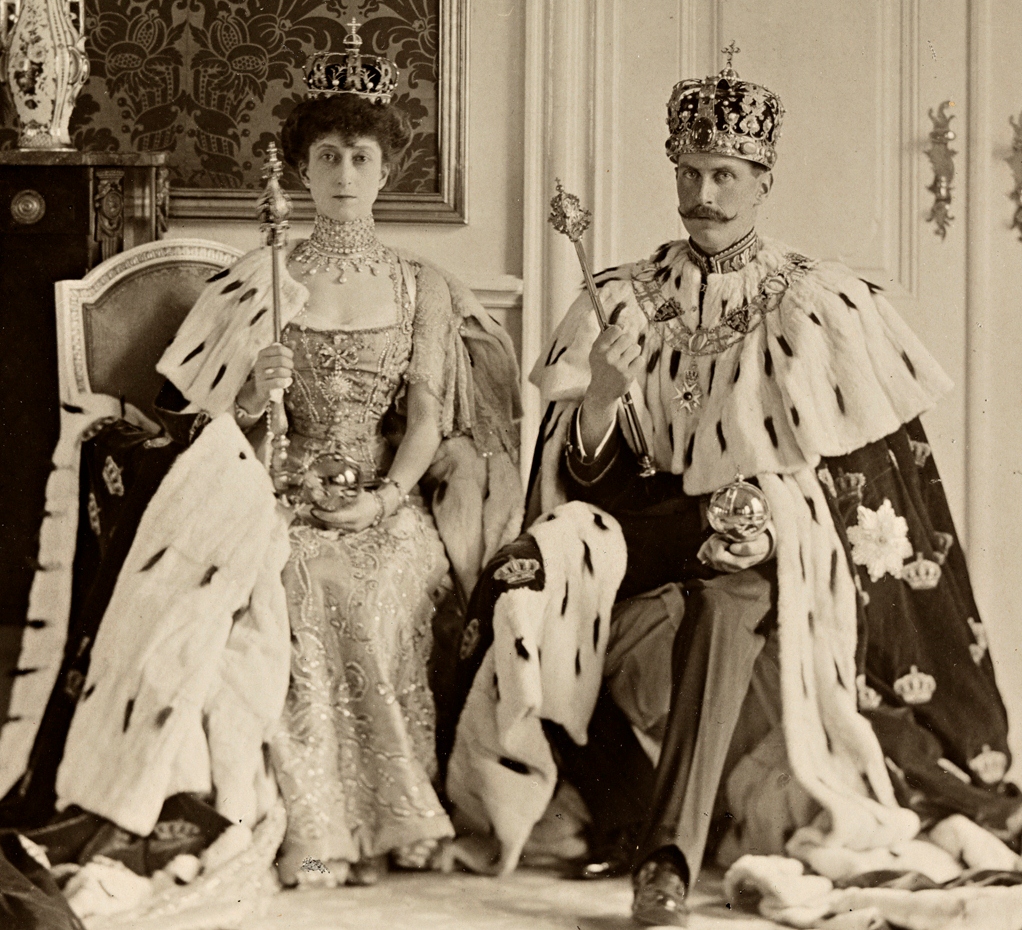|
Laticlave
In ancient Roman regalia, a ''laticlave'' or ''clavus'' was a broad stripe or band of purple on the fore part of the tunic, worn by senators as an emblem of office. The name ''laticlavia'' translates to 'broad nail' and figuratively 'broad stripe', in contrast to the 'narrow stripe' (''angusticlavia'') which appeared on the tunics of lower social ranks. This ornament, according to some, was called ''clavus'' ('nail') as being set with little round plates of gold, or silver, like the heads of nails. Cantelius maintained that the clavus consisted of a kind of purple flowers, sewn upon the cloth. The garment is mentioned in Suetonius, as citizens singing songs of disapproval against Julius Caesar Gaius Julius Caesar (12 or 13 July 100 BC – 15 March 44 BC) was a Roman general and statesman. A member of the First Triumvirate, Caesar led the Roman armies in the Gallic Wars before defeating his political rival Pompey in Caesar's civil wa ... for him having offered the opportun ... [...More Info...] [...Related Items...] OR: [Wikipedia] [Google] [Baidu] |
Angusticlavia
In ancient Rome, an ''angusticlavia'', ''angusticlavus'' or ''angustus clavus'' was a narrow-strip tunic (''tunica'') with two narrow vertical Tyrian purple stripes (''clavi'', singular ''clavus''). The tunic was typically worn under the toga with the right side stripe visible. Usage and significance The ''angusticlavia'' was the tunic associated with the rank and office of the '' eques'', or equestrians, one of the two highest legal orders in aristocratic Rome. Order members were military men, often patricians (''patrici''), who served as the cavalry units in war. During times of peace they frequently served as personal assistants to Roman senators. Equestrians wore the ''angusticlavia'' under the '' trabea'', a short toga of distinctive form and color. They also wore equestrian shoes ('' calcei''), and a gold ring ('' anulus aureus''). The tunic's stripes were about an inch wide, which contrasted with the senator's '' laticlavus'', which bore three-inch wide stripes. The ' ... [...More Info...] [...Related Items...] OR: [Wikipedia] [Google] [Baidu] |
Ancient Rome
In modern historiography, ancient Rome is the Roman people, Roman civilisation from the founding of Rome, founding of the Italian city of Rome in the 8th century BC to the Fall of the Western Roman Empire, collapse of the Western Roman Empire in the 5th century AD. It encompasses the Roman Kingdom (753–509 BC), the Roman Republic (50927 BC), and the Roman Empire (27 BC476 AD) until the fall of the western empire. Ancient Rome began as an Italic peoples, Italic settlement, traditionally dated to 753 BC, beside the River Tiber in the Italian peninsula. The settlement grew into the city and polity of Rome, and came to control its neighbours through a combination of treaties and military strength. It eventually controlled the Italian Peninsula, assimilating the Greece, Greek culture of southern Italy (Magna Graecia) and the Etruscans, Etruscan culture, and then became the dominant power in the Mediterranean region and parts of Europe. At its hei ... [...More Info...] [...Related Items...] OR: [Wikipedia] [Google] [Baidu] |
Regalia
Regalia ( ) is the set of emblems, symbols, or paraphernalia indicative of royal status, as well as rights, prerogatives and privileges enjoyed by a sovereign, regardless of title. The word originally referred to the elaborate formal dress and accessories of a sovereign, but now it also refers to any type of elaborate formal dress. The word stems from the Latin substantivation of the adjective ''regalis'', "regal", itself from ''rex'', "king". It is sometimes used in the singular, ''regale''. In the abstract The term can refer to the rights, prerogatives, and privileges that are held exclusively by any sovereign, regardless of title (emperor, grand duke, etc.). An example of that is the right to mint coins, and especially coins that bear one's own effigy. In many cases, especially in feudal societies and generally weak states, such rights have in time been eroded by grants to, or usurpations by, lesser vassals. Royal dress, accessories, and associated pomp Some emblem ... [...More Info...] [...Related Items...] OR: [Wikipedia] [Google] [Baidu] |
Tunic
A tunic is a garment for the torso, usually simple in style, reaching from the shoulders to a length somewhere between the hips and the ankles. It might have arm-sleeves, either short or full-length. Most forms have no fastenings. The name derives from the Latin '' tunica'', the basic garment worn by both men and women in Ancient Rome, which in turn was based on earlier Greek garments that covered wearers' waists. The term is likely borrowed from a Semitic word *''kittan'' with metathesis. The word khiton () is of the same origin. Ancient era Roman tunic The Roman ''tunica'' was adopted by Roman citizens in the 3rd century BCE. It was often worn by Roman citizens and by non-citizens alike. However, citizens might wear it under the toga, especially at formal occasions. The length of the garment, the presence or lack of stripes, as well as their width and ornamentation, would indicate the wearer's status in Roman society. Roman senators, for example, used the '' laticla ... [...More Info...] [...Related Items...] OR: [Wikipedia] [Google] [Baidu] |
Roman Senate
The Roman Senate () was the highest and constituting assembly of ancient Rome and its aristocracy. With different powers throughout its existence it lasted from the first days of the city of Rome (traditionally founded in 753 BC) as the Senate of the Roman Kingdom, to the Senate of the Roman Republic and Senate of the Roman Empire and eventually the Byzantine Senate of the Eastern Roman Empire, existing well into the post-classical era and Middle Ages. During the days of the Roman Kingdom, the Senate was generally little more than an advisory council to the king. However, as Rome was an electoral monarchy, the Senate also elected new Roman kings. The last king of Rome, Lucius Tarquinius Superbus, was overthrown following a coup d'état led by Lucius Junius Brutus, who founded the Roman Republic. During the early Republic, the Senate was politically weak, while the various executive Roman magistrates who appointed the senators for life (or until expulsion by Roma ... [...More Info...] [...Related Items...] OR: [Wikipedia] [Google] [Baidu] |
Petrus Josephus Cantelius , a speedcubing method
*
{{Disambiguation ...
Petrus may refer to: People * Petrus (given name) * Petrus (surname) * Petrus Borel, pen name of Joseph-Pierre Borel d'Hauterive (1809–1859), French Romantic writer * Petrus Brovka, pen name of Pyotr Ustinovich Brovka (1905–1980), Soviet Belarusian poet Other uses * Château Pétrus, a Pomerol Bordeaux wine producer * ''Petrus'' (fish), a genus of ray-finned fish * Petrus (beer), a brand of beer * Pétrus (restaurant), London * ''Pétrus'' (film), a 1946 French comedy film * Petrus, a band with Ruthann Friedman that performed in 1968 in the San Francisco area See also * Petrus killings, a series of executions in Indonesia between 1983 and 1985 * Petrus method Speedcubing or speedsolving is a competitive mind sport centered around the rapid solving of various combination puzzles. The most prominent puzzle in this category is the N-dimensional_sequential_move_puzzle, 3×3×3 puzzle, commonly known as th ... [...More Info...] [...Related Items...] OR: [Wikipedia] [Google] [Baidu] |
Suetonius
Gaius Suetonius Tranquillus (), commonly referred to as Suetonius ( ; – after AD 122), was a Roman historian who wrote during the early Imperial era of the Roman Empire. His most important surviving work is ''De vita Caesarum'', commonly known in English as '' The Twelve Caesars'', a set of biographies of 12 successive Roman rulers from Julius Caesar to Domitian. Other works by Suetonius concerned the daily life of Rome, politics, oratory, and the lives of famous writers, including poets, historians, and grammarians. A few of these books have partially survived, but many have been lost. Life Gaius Suetonius Tranquillus was probably born about AD 69, a date deduced from his remarks describing himself as a "young man" 20 years after Nero's death. His place of birth is disputed, but most scholars place it in Hippo Regius, a small north African town in Numidia, in modern-day Algeria. It is certain that Suetonius came from a family of moderate social position, that his fat ... [...More Info...] [...Related Items...] OR: [Wikipedia] [Google] [Baidu] |
Julius Caesar
Gaius Julius Caesar (12 or 13 July 100 BC – 15 March 44 BC) was a Roman general and statesman. A member of the First Triumvirate, Caesar led the Roman armies in the Gallic Wars before defeating his political rival Pompey in Caesar's civil war, a civil war. He subsequently became Roman dictator, dictator from 49 BC until Assassination of Julius Caesar, his assassination in 44 BC. Caesar played a critical role in Crisis of the Roman Republic, the events that led to the demise of the Roman Republic and the rise of the Roman Empire. In 60 BC, Caesar, Marcus Licinius Crassus, Crassus, and Pompey formed the First Triumvirate, an informal political alliance that dominated Roman politics for several years. Their attempts to amass political power were opposed by many in the Roman Senate, Senate, among them Cato the Younger with the private support of Cicero. Caesar rose to become one of the most powerful politicians in the Roman Republic through a string of military victories in the G ... [...More Info...] [...Related Items...] OR: [Wikipedia] [Google] [Baidu] |
Regalia
Regalia ( ) is the set of emblems, symbols, or paraphernalia indicative of royal status, as well as rights, prerogatives and privileges enjoyed by a sovereign, regardless of title. The word originally referred to the elaborate formal dress and accessories of a sovereign, but now it also refers to any type of elaborate formal dress. The word stems from the Latin substantivation of the adjective ''regalis'', "regal", itself from ''rex'', "king". It is sometimes used in the singular, ''regale''. In the abstract The term can refer to the rights, prerogatives, and privileges that are held exclusively by any sovereign, regardless of title (emperor, grand duke, etc.). An example of that is the right to mint coins, and especially coins that bear one's own effigy. In many cases, especially in feudal societies and generally weak states, such rights have in time been eroded by grants to, or usurpations by, lesser vassals. Royal dress, accessories, and associated pomp Some emblem ... [...More Info...] [...Related Items...] OR: [Wikipedia] [Google] [Baidu] |






